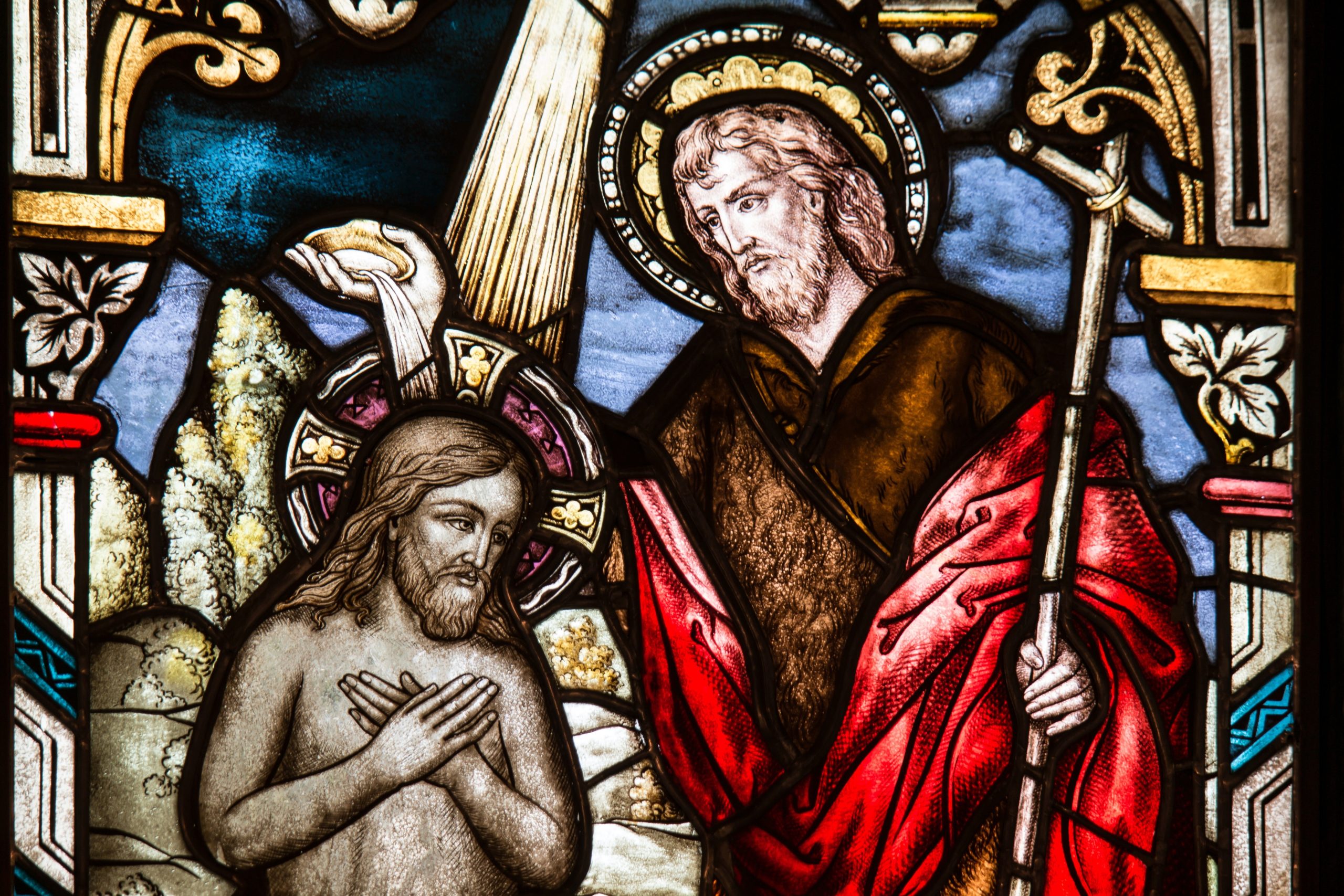Remain in Me
On Ash Wednesday I decided that for Lent I was going to focus on really improving one of my big flaws – and promptly everything that triggers that flaw was thrown at me. By Saturday I was in Confession telling the priest how poorly it was going. The priest gently stated that I was trying to do it myself instead of asking God to accomplish it in me. Oh, right. Message received. I responded, “Well Father, I guess I need to add pride to the list of sins in this confession.”
While praying in front of the Blessed Sacrament afterward, Jesus put the scripture into my heart, “I must decrease and He must increase.” (Jn 3:30) These were the words of St. John the Baptist, but suddenly I saw how it applied to me personally. The key for me was to stop trying to depend on myself, and instead become like a child depending completely on God. The more I got out of the way, the more God could work in me. I suddenly saw clearly how the saints achieved such holiness. They did not do it on their own, they instead relied on the Lord. The more they emptied themselves, the more God filled them. They embraced humility and God did the rest. Then I recalled a story about the humility of St. John Paul the Great.
At a retreat, a priest recounted his experience with Pope John Paul II when he was in seminary visiting Rome. He had been instructed that the Pope would walk down the line and bless each of them and they weren’t supposed to converse with him because there were so many people and the Pope had limited time (according to them). However, he had been on the street earlier that day and had met a beggar. Embarrassed that he had no money to give, he offered to pray for the man. The beggar then told him that he had been a priest. The seminarian was so troubled about this that he blurted it out to the Pope when he came to bless him. The Pope instructed him to find the beggar and bring him to his personal office the following day.
The seminarian brought the beggar. The Pope received him and asked everyone else to leave the room. When the beggar came out of the room, tears were streaming down his face. The seminarian and the priests asked what the Pope said to him. The beggar responded, “He sat me down in a chair and kneeled in front of me and said, “Father, will you hear my confession?” Because of the humility of this saint, the beggar subsequently returned to his priestly vocation.
We are now at the end of Lent, entering the Holy Triduum. The Lord spoke again to my heart, “Remain in Me and I will remain in you” — a confirmation of His earlier message.
Just as a branch cannot bear fruit on its own unless it remains on the vine, so neither can you unless you remain in Me. I am the vine, you are the branches. Whoever remains in Me and I in him will bear much fruit, because without Me you can do nothing. If you remain in Me and My words remain in you, ask for whatever you want and it will be done for you. By this is My Father glorified, that you bear much fruit and become My disciples. (Jn 15:5,7-8)
He is calling us to be saints. You think you don’t have what it takes? You are in good company – none of us do – without Him we can do nothing. Just as the branch relies completely on the vine for strength, sustenance, and life, so too must we rely on Him. Remain in Him and allow Him to work through us. If we humble ourselves, God can fill us and He can make us saints.




